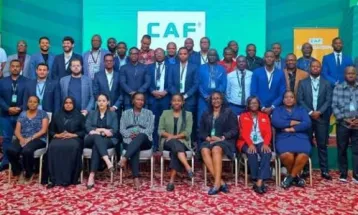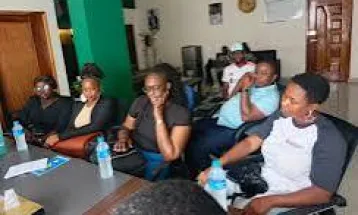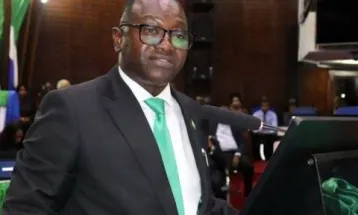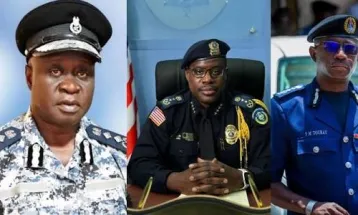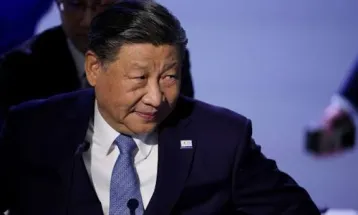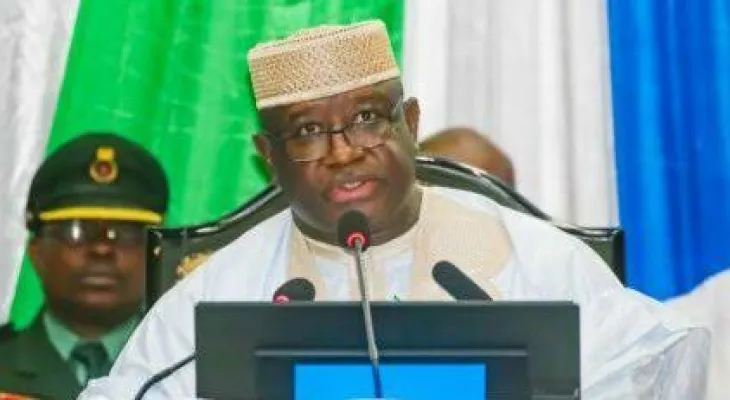
Electoral Systems Review: Concerns That May Hinder The Work of The Tripartite Committee
Democratic elections serve as the cornerstone of governance, providing citizens with the means to effect change and elect their representatives and leaders. The credibility of the electoral process and the acceptance of its outcomes are paramount for upholding peace and national cohesion.
Progressive electoral reform stands as the antidote to recurrent disputes that erode trust in Sierra Leone's electoral processes. Recognizing this, both the government and the APC have taken a significant step forward by establishing the Cross-Party Committee on Electoral Systems and Management Bodies Review, signifying their commitment to easing political tensions and fostering national unity.
While this initiative holds promise for enhancing the integrity of Sierra Leone's electoral framework, it is essential to address potential challenges that could impede its effectiveness.
One immediate concern pertains to the ambitious timeline set for the Committee's mandate. With a five-month window allocated for a comprehensive review encompassing seven distinct phases, including data collection, stakeholder consultations, and report drafting, the sheer breadth and complexity of the task at hand raise doubts about the feasibility of achieving substantive reforms within such a limited timeframe.
Moreover, the Committee's ability to access pertinent documents and engage with key stakeholders may encounter obstacles, particularly concerning the purported independence of the Electoral Commission of Sierra Leone (ECSL). Any reluctance on the part of ECSL to collaborate with the Committee could undermine the thoroughness of the review process and compromise the legitimacy of its recommendations.
Furthermore, the composition of the Committee itself raises questions about its inclusivity and representativeness. While engagement with stakeholders and the public is integral to its mandate, broader participation from diverse political entities and civil society organizations could enrich the deliberative process and enhance the legitimacy of its outcomes.
Additionally, discrepancies in interpreting the Committee's mandate, as evidenced by conflicting statements from government and opposition representatives, underscore the need for transparent communication and consensus-building among all stakeholders.
One critical aspect of concern revolves around the terminology used in defining the Committee's scope of work. The distinction between "examination" and "investigation" carries significant implications for the Committee's authority and the nature of its findings. Clarifying these terms and aligning them with the Committee's intended objectives is essential for ensuring the integrity and credibility of its final report.
Ultimately, the success of the electoral reform process hinges on a concerted effort to navigate these challenges and uphold the principles of transparency, inclusivity, and accountability. By addressing concerns surrounding timelines, stakeholder engagement, and terminological clarity, the Tripartite Committee can fulfill its mandate and lay the groundwork for fair, transparent, and credible elections in Sierra Leone.


